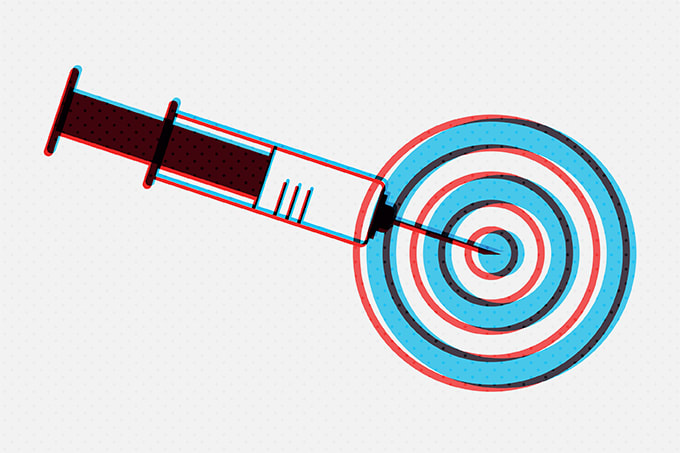Thanks to technological advancements and collaborative research, a hand-held biosensor has been created for the detection of cancer biomarkers in saliva samples (1).
With 2.3 million women diagnosed and 685,000 deaths globally in 2020 (2), breast cancer remains a major concern across the world. And that’s why researchers from the University of Florida and National Yang Ming Chiao Tung University in Taiwan joined forces to create a noninvasive and accessible means of identifying breast cancer.
Using commercially available strips akin to those used in glucose testing and a handheld printed circuit board (PCB), researchers created a handheld biosensor for portable testing. Each strip is functionalized with antibodies specific to cancer biomarkers HER2 and CA15-3. The team demonstrated limits of detection as low as 1 fg/ml – and with as little as 3 μL of saliva.
“Our breast cancer screening method offers affordability, speed, minimal saliva requirement, and high accuracy,” says lead author Hsiao-Hsuan Wan, “This breakthrough is particularly useful in resource-limited regions that cannot access advanced technologies, such as MRI.”
But the researchers aren’t quitting while they’re ahead; Wan expresses excitement for the future, “We’re currently in the process of developing a tablet-controlled version of the PCB, allowing us to store data in the cloud, simplify data transfer, and enable efficient access to patient information. This holds promise for medical professionals globally – providing swift, simple, and successful point-of-service screening.”
Looking further ahead, Wan and colleagues have set their sights on other health conditions, using a similar approach to develop a screening test for oral cancer and expanding into infectious diseases, such as Lyme disease and foot and mouth disease.
References
- H Wan et al., J Vac Sci Technol B Nanotechnol Microelectron, 42, 2 (2024). PMID:38362284
- World Health Organization (2023). Available at: https://bitly.ws/vzCR




